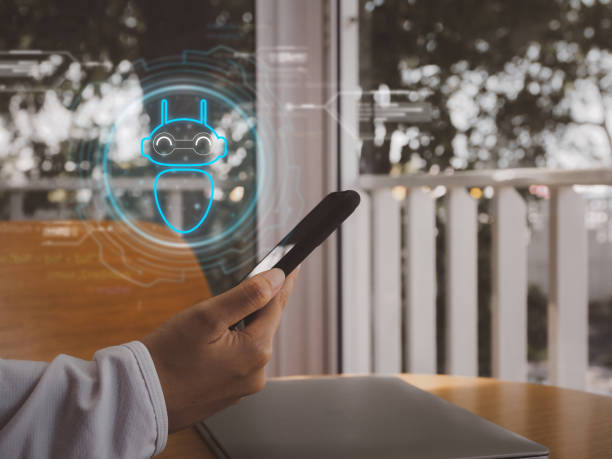Reimagining the Role of Urban Spaces: A Social Perspective
Introduction: Delve into the transforming role of urban spaces in contemporary society. As the world advances, so does our understanding and utilization of these spaces. Read below to explore this paradigm shift from a sociological and cultural viewpoint.

Dissecting the Evolution of Urban Spaces
Urban spaces have long been a significant element of human civilization, shaping the cultural, economic, and social fabric of societies. Historically, these spaces were designed for basic functionality, serving as places for commerce, administration, and social gatherings. With the advent of the industrial revolution, urban spaces grew more complex, accommodating the demands of rapid urbanization and population growth.
The Modern-Day Reinterpretation
Today, the concept of urban spaces is undergoing a significant transformation. They are no longer merely physical locations, but are increasingly perceived as platforms for social interaction, cultural expression, and community building. With the rise of concepts like placemaking and urban acupuncture, cities worldwide are rethinking how these spaces can foster social cohesion, enhance community engagement, and promote cultural diversity.
The Rise of Placemaking
Placemaking, a complex approach to urban planning, emphasizes the role of local community in shaping public spaces. It’s a collaborative process that includes residents, urban planners, and local authorities, aiming to create spaces that are not just functional, but meaningful and inclusive. This trend is indicative of a shift towards a more participatory and community-centric approach to urban development.
The Cultural Implications
The reinterpretation of urban spaces has profound cultural implications. It encourages diversity, enriches local culture, and promotes a sense of belonging among residents. Urban spaces become platforms for cultural expression, where local traditions, arts, and events are nurtured and celebrated. This cultural rejuvenation also contributes to social integration, fostering mutual understanding and respect among diverse social groups.
Shaping Future Societies
Looking ahead, the role of urban spaces will continue to evolve, driven by social, technological, and environmental changes. The challenge for future urban development is to create spaces that not only meet functional needs but also respond to the social and cultural aspirations of the community. By doing so, urban spaces can play a pivotal role in shaping more inclusive, resilient, and sustainable societies.
In conclusion, the changing role of urban spaces reflects broader societal shifts towards community participation, social inclusion, and cultural diversity. As we redefine these spaces, we are not just reshaping our cities, but also our societies. The transformation of urban spaces thus becomes a mirror reflecting the evolving narratives of human civilization.





